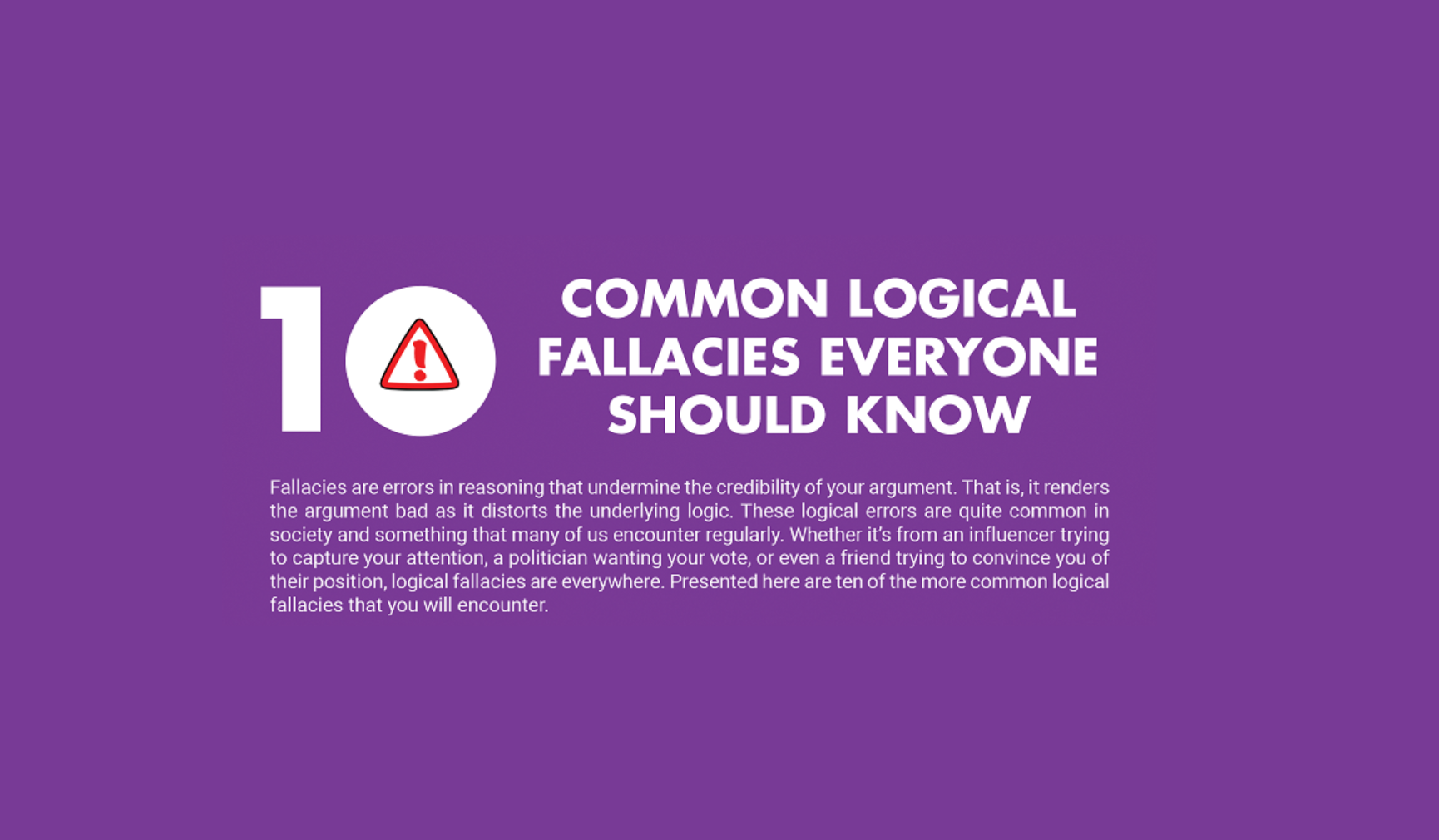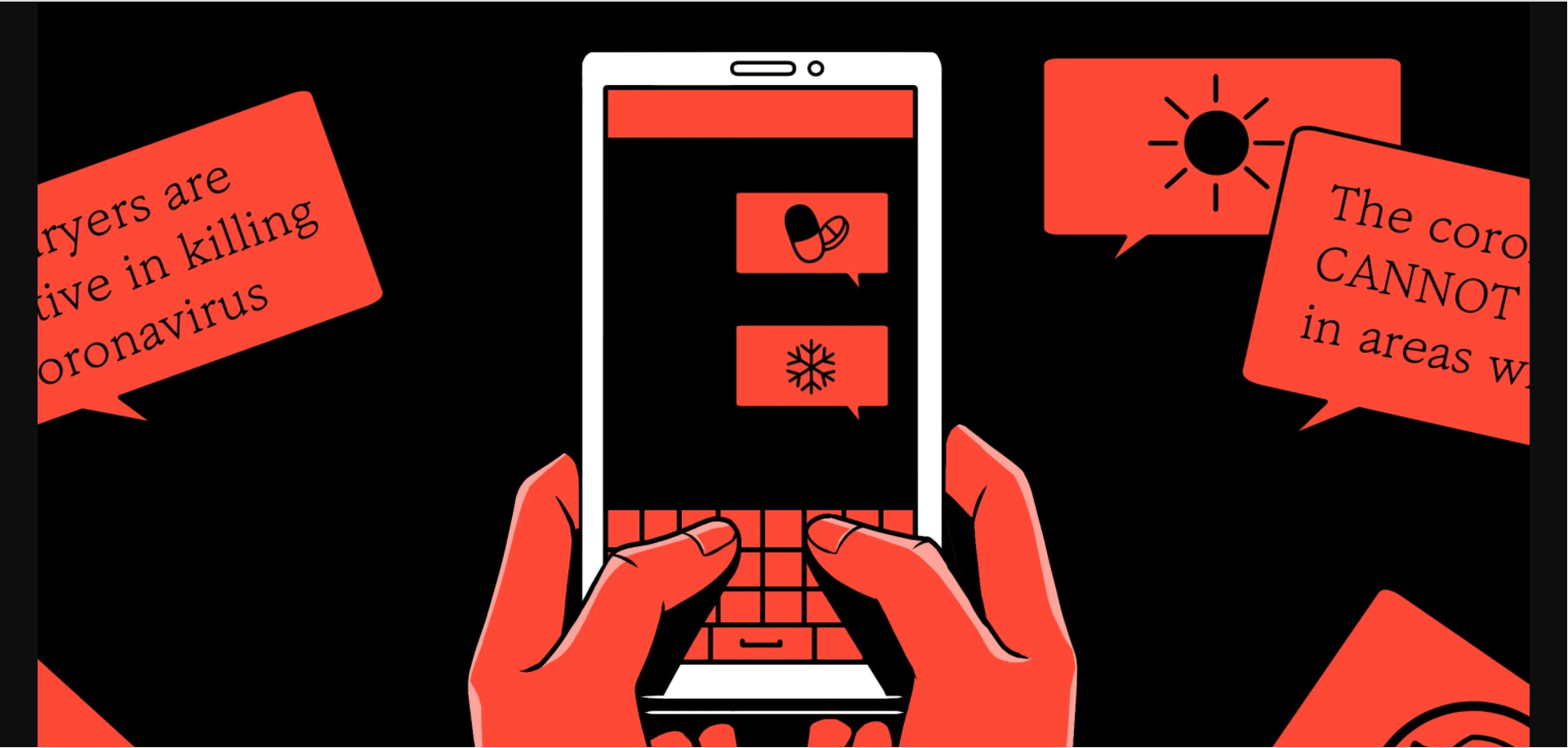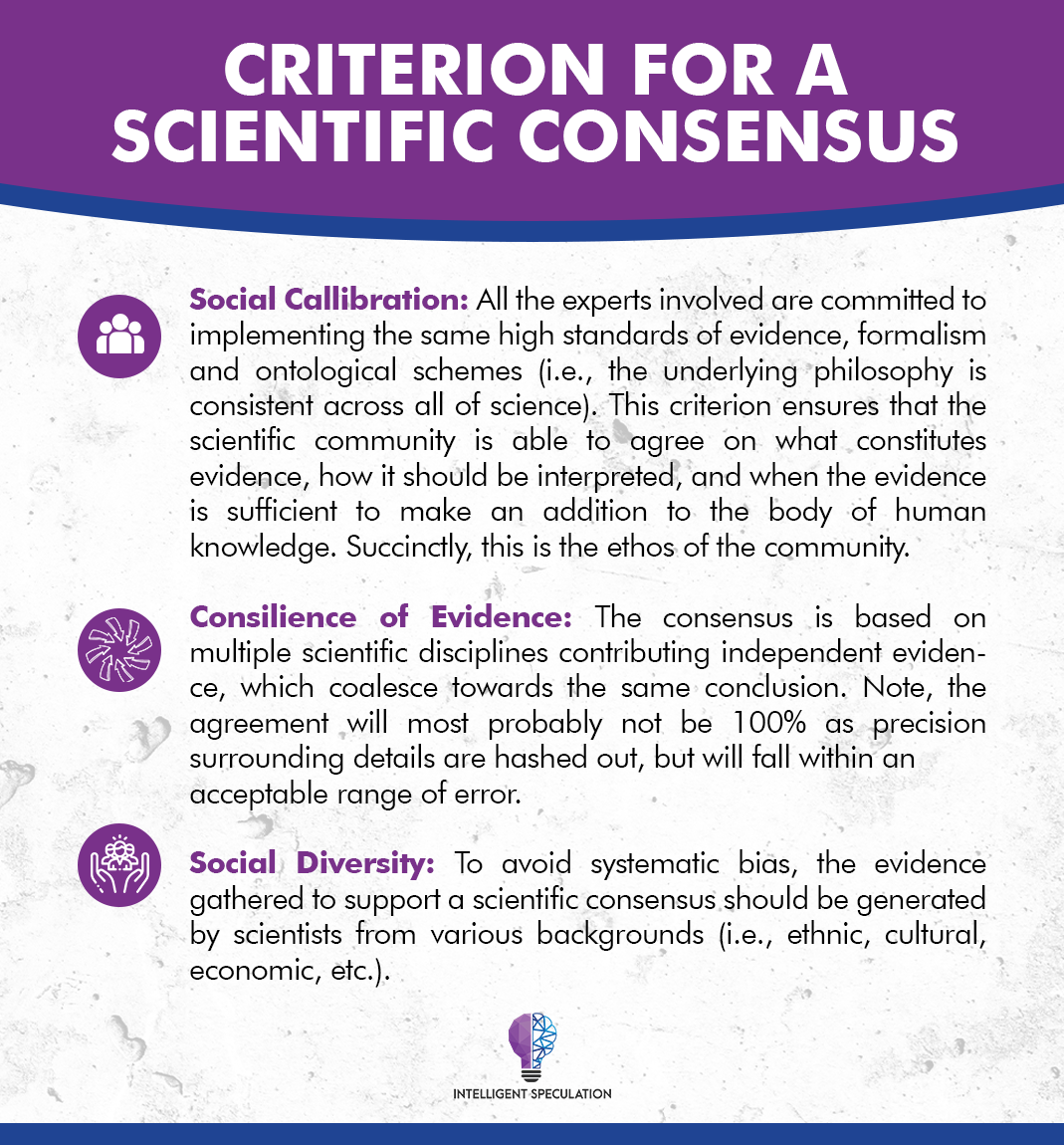Fallacies are errors in reasoning that undermine the credibility of your argument. That is, it renders the argument bad as it distorts the underlying logic. These logical errors are quite common in society and something that many of us encounter regularly. Whether it’s from an influencer trying to capture your attention, a politician wanting your vote, or even a friend trying to convince you of their position, logical fallacies are everywhere. Presented here are ten of the more common logical fallacies that you will encounter.
Read MoreAn informal fallacy where personal experience or a singular example is used instead of compelling evidence. People often gravitate towards using their own experiences or those of people around them as evidence in arguments. It's natural to do so as citing scientific evidence to craft a good argument takes effort and most of us are lazy thinkers and opt for the quicker and easier…
Read MoreVaccinations are arguably the greatest medical technology ever created. From the eradication of smallpox to the prevention of certain types of cancers, the success of vaccines is indisputable. The recent COVID-19 vaccines are no less impressive than their numerous predecessors. The leaders in effectiveness are the dual-dose Moderna and Pfizer vaccines, which achieve about 95% effectiveness after two doses, while the single-dose Johnson & Johnson vaccine has a 72% overall efficacy with an 86% efficacy against severe disease. While no vaccine offers 100% protection, they are all recommended to…
Read MoreAn informal fallacy that occurs when evidence is presented in response to a specific claim that is subsequently dismissed and greater evidence is then demanded. Or, demanding from an opponent that he/she address more points after the initial counter-argument has sufficiently provided evidence against the primary argument. That is, the requirement for a sufficient rebuttal is continually changed after each counter-argument so as to never be able to
Read MoreOver the last two decades, Americans have become more distrustful of traditional media sources. Pejorative terms like “fake news” and “mainstream media” have become particularly common among Americans in the last few years as a way to express frustration with how traditional institutions are reporting the news. Still, two out of three Americans say that the news is very important in holding political leaders accountable. What’s behind the drop in trust and what can…
Read MoreIn part I, we discussed the concept of knowledge and introduced the Justified True Belief theory as a possible framework for establishing how it is that we might be able to say that we know anything at all. We also introduced the notion that science doesn't actually ever prove anything. That is, due to the philosophical structure of science, we never can be absolutely certain about any of the knowledge attained through it. This may appear problematic, but it is the…
Read MoreIt is certainly interesting times that we find ourselves in. Fake news, pervasive science denial, a new conspiracy theory seemingly every week, tens of thousands of unnecessary deaths from the pandemic that could have been easily avoided by acknowledging the recommendations coming from the scientific community, and many more examples. Society is swimming in false information that is literally costing people their lives at this point and driving us apart through polarization [1]. But what can we do? Quite a bit actually…
Read MoreEstablishing the credibility of information and claims in today’s information-dense world can be challenging. How do you know that information and claims you hear about are worth trusting as accurate? How do you avoid mistakes in your own thinking when deciding if something is true or when deciding on a particular course of action? Critical thinking is a method for…
Read MoreCognitive biases are systematic patterns of deviation from rationality. The way that we see the world is completely subjective as our senses do not perfectly render the world around us. As a result, we can never be truly objective, which often times leads to inaccuracies in judgment, distortions in perception, illogical interpretation, or what is broadly called irrationality. These biases can also be thought of as our brain's way of taking “shortcuts” in decision making when timeliness outweighs the importance of accuracy. While there are well over 100 different cognitive biases that we are aware of, ten of the more prominent biases are presented here.
Read MoreAn informal fallacy where you argue that because event A directly preceded event B, that event A caused event B. That is, because the two events correlate, that this then implies causation. This can also be thought of as a perceived relationship between two things that doesn't necessarily imply that one is the cause of the other. Clearly, this is a flawed position as correlation doesn't always imply causation. However, it is true that…
Read Moreystems thinking is best described as a synthesis between reductionism and holism. Reductionism is the practice of analyzing and describing complex phenomenon on a simpler or more fundamental level while holism is looking at the same phenomenon and describing it in the context of the whole. If you were to view systems thinking as a spectrum, at one end would be reductionism and then holism would be at the other end. Both have their advantages and disadvantages, but to have the best description of the situation one should embrace the synthesis of the two, which is…
Read MoreConfirmation bias is this omnipresent cognitive force that is always influencing how we view the world. Even for the most rational thinkers out there; confirmation bias as is the case with all cognitive biases can only be minimized and never completely eliminated on the individual level. One of these mitigation strategies that can not only help you to minimize the effects of the influence of confirmation bias, but help you to eschew thinking in binaries (i.e., black and white thinking), is…
Read MoreCoronavirus, COVID19, or SARS-CoV-2 are all names that you've heard for the novel virus that was first identified in Wuhan China in 2019 and that's currently severely disrupting our way of life throughout the world. This is the same virus that has overwhelmed the healthcare systems of various countries, has been called a “hoax” by certain world leaders, has led to social-distancing practices implemented throughout the world, and forced us to…
Read MoreAn informal fallacy where two options or an “either/or” situation is presented when more possibilities exist. This fallacy is ostensibly logical, but, on closer evaluation, it becomes clear that it is indeed sophistry as there exist more than two possibilities than were presented. This type of thinking obfuscates the nuances that accompany most situations in life. That is, in general, life is…
Read MoreThe scientific method is arguably the most valuable instrument for knowledge that we have ever invented. Nonetheless, it is not perfect as bad research does sometimes get published and the volumes of evidence generated are….
Read MoreAn informal fallacy where a claim is accepted or rejected based on the source of the evidence rather than on the quality of the evidence. The fallacy shifts focus onto the origin in an attempt to…
Read MoreAn informal fallacy where a realistic [insert something, someone, solution, etc. here] is compared to an idealized, unrealistic alternative. This is done in an attempt to….
Read MoreThe term “consensus” is often encountered in daily life on the news, in causal conversation, on social media, etc. and most would interpret this word as the majority of opinion. However, once you attach the word “scientific” in front of it, you move beyond the colloquial terminology into….
Read More

















